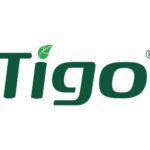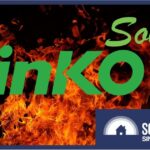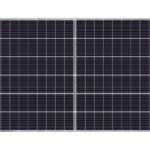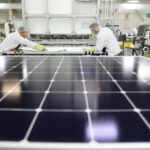U.S. Patent and Trademark Office says parts of Q CELLS manufacturing process are unpatentable
After the U.S. International Trade Commission found in April that solar panels made by JinkoSolar and REC Group do not infringe on Hanwha Q CELLS’s manufacturing patent, the Patent Trial and Appeal Board (PTAB) of the United States Patent and Trademark Office (USPTO) today invalidated all challenged claims of Q CELLS ‘215 patent. Specifically, the PTAB found that claims 12-14 of the ‘215 patent, owned by Hanwha Q Cells & Advanced Materials Corporation, are unpatentable. This decision is not final and can be appealed.
This all stems back to an original patent infringement complaint filed by Q CELLS with the U.S. courts in March 2019. Q CELLS claimed that Jinko and REC were unlawfully importing and selling solar cells and modules that infringe Q CELLS’s patented passivation technology — a technology that can be applied in many ways but is commonly used in PERC modules. Q CELLS was requesting that the ITC issue a limited exclusion order and cease and desist orders, essentially preventing the other module manufacturers from importing product into the United States.
The original patent claims asserted by Q CELLS related to U.S. patent 9,893,215-B2, which was first filed by Q CELLS and SolarWorld in 2008 and granted in 2014. The patent is for a method of “manufacturing a solar cell with a surface-passivating dielectric double layer.” This manufacturing method covers a broad range of potential products, including any using PERC technology.
Today’s decision by the PTAB makes claims 12-14 of the patent actually “unpatentable.” Those claims contain the basic building blocks of a silicon solar cell.
“We are pleased that REC Group has once again been vindicated, this time by the decision of the USPTO to invalidate the challenged claims of Hanwha’s ‘215 patent,” said REC Group’s CEO Steve O’Neil. “This further confirms our belief all along that Hanwha’s allegations against REC Group were without technical and legal merit. Innovation is vital to our business for more than 24 years and REC Group recognizes the important role intellectual property protection plays in encouraging innovation. We respect the legitimate intellectual property rights of others, but REC Group will not hesitate to vigorously defend itself against meritless claims of infringement and challenge the legitimacy of those rights when warranted.”
Original Source: https://www.solarpowerworldonline.com/2020/12/u-s-patent-and-trademark-office-says-parts-of-q-cells-manufacturing-process-are-unpatentable/














